With major US networks uniting to counter Trump’s claims of electoral fraud, is there hope for old school journalism?
The US elections have thrown up many examples of “Trumpery,” a plastic cult concoction that has torn down every convention in its sweep and will last simply because of its pop-up encroachment of established space, demanding legitimacy through a shredded system, right or wrong. So as Donald Trump cried the Democrats had “stolen” the election from him and both his supporters and critics took to the streets and the waterfront to be heard, one wanting the counting to stop and the other upholding the validity of the last vote polled, the free world’s integrity, resting on institutional and systemic pride and justness, seemed to be its greatest casualty. But probably this low was necessary for the fourth pillar of democracy to rescue it in the nick of time. The media, which Trump had made his sworn enemy and a scapegoat for his follies, became his real contestant, standing up to him measure for measure.
In an unprecedented move, major US TV networks chose to cut away from a live speech made by Trump from the White House as he repeated his allegations that an electoral fraud had been committed on the nation because his margins with Biden were dwindling. Mind you this was Trump addressing the nation as President from the hallowed portals of his office and not from the Republican Party headquarters. Still, the CBS, MSNBC, ABC and NBC stopped airing the footage, clarifying that his statements were baseless. They didn’t want to fuel his propaganda though they admitted that he could still be the President if he was proven right by law. Not only that, they immediately commissioned on-ground reports to verify voting fraud allegations and after a granular fact-check, insisted that the counting officials were not only following the rulebook but were double-checking and meticulously separating the votes in the event of a recount. And lest the anchors be accused of being partisan, all of them unanimously upheld Trump’s right as a candidate to demand a recount or seek legal recourse but insisted that a process could not be hijacked midway without evidence to disenfranchise the voter. As channels fanned out correspondents on the ground to verify each of Trump’s plaints, they equally approached Republican spokespersons, some of whom were quite embarrassed by Trump’s adventurism. In short, the US media, defying all the co-option and intimidation tactics that it had been subjected to in an authoritarian era, stood up for itself. And firm. It upheld the nation’s foundational principles than subject them to nihilistic degradation. It did its job and unitedly defended its institutional responsibility.
MSNBC’s anchor Brian Williams said, “Here we are again in the unusual position of not only interrupting the President of the United States but correcting the President of the United States.” USA Today interrupted its live video feed as its editor-in-chief Nicole Carroll said, “Our job is to spread truth — not unfounded conspiracies.” Of course, the quote that became viral was that of CNN presenter Anderson Cooper, who described Trump “like an obese turtle on his back, flailing in the hot sun realising his time was over.” The usually pro-Trump Fox News did not do his bidding with its correspondent saying, “What we saw tonight is a President who believes that at the end of the day, when all the votes are counted, the election is not going to go his way, so he’s trying to plan an alternate route to retain the White House.” Print media has already been reasoned but American live TV, that has depended on Trump’s outrageousness for commercial ratings, showed a rare moral fibre called character.
In fact, more than Trump vs Biden, this election will be remembered for the real contest between Trump and the media. Yet, it was not always this way. Looking back, Trump at one point was feted by the media and as a reality star created by networks, was celebrated for his eccentric excesses and rude dramatics. Where prejudice, and not patience, was a virtue. To the extent that Trump as President could not separate the gravitas of office from the metrics of popular consumption. A reality TV star is acceptable, a reality TV President is not. But Trump assumed that the media would be taken in by his rambunctiousness and see it as an example of his boldness as a leader of people, who pressed all the populist buttons — “America First,” “Make America Great Again”, “China virus.” And given the mandate in 2016, he had made himself believe that he did not need to admit a mistake but sweep it under the aura of his onscreen personality. That’s when the media, which criticised his policies when it needed to, became his enemy. That’s when Trump dismissed the media as a purveyor of “fake news” and sanctified his own claims as facts. In the end, he transplanted his opinions and worldview as the only truth and the rest as lies. And in the ways of all autocrats and demagogues, he even colonised the media, disorienting it from standing by the truth without fear and favour and colonising it on his terms. The rebels he dismissed as America’s “opposition party” that would not see anything good in all that he did. This blanket otherisation also helped him shield himself from issues that came under the scanner, some of which could have embarrassed him no end. He simply got away by playing victim, saying the media hated him since he represented a heartland America that he pandered to. He even humiliated journalists, attacking them individually by naming and shaming them, threatening libel or even hurting their business interests. Matters came to a head when he blamed the media for blowing up the Coronavirus crisis from what it was, “just a flu”, although the US has lost a quarter million of its own to the pandemic. The normally permissive social media giant Twitter had to ban his one-time aide Steve Bannon for asking Trump to behead infectious disease specialist Dr Anthony Fauci and FBI director Christopher Wray. The problem with Trump’s “otherisation” policy was that he not only confined it to the media and the liberals, he extended it to anybody and everybody with credible standing and proven worth, who were apolitical. This explains why the media coalesced the way it did this time, articulating as it did a popular disgust. Besides, Trump mistook the fact that the media wanted to be “king” in his palace when it simply wanted to retain its place in civil society.
In the US, the media has never been bigger than its President, each of whom has used it to disseminate his policies and even attempted to coerce it. Yet there was a Bob Woodward and Carl Bernstein in between, whose old school legwork resulted in Watergate and ultimately forced Richard Nixon to resign. It is heartening to note that decades and years later, at least the discussion on facts, corroboration and evidence are back on the table again. And that’s good for old-school journalism.
Question is will the Indian media be equally cohesive as it stands deeply polarised and horribly compromised. Will networks dare to cut away from biased coverage, beholden as they are to their political masters and corporate donors? Will we ignore individual bottom lines at a critical juncture and take a united stand as an industry that would be taken more seriously for a job well done rather than undone? Will we be able to create a competitive market of free ideas or continue to rely on doles of those we please? Not that there isn’t hope, considering the local Press and cable networks do take on the establishment fearlessly, most big scams having been reported first by local correspondents. But then that’s because the local Press isn’t in the high stakes game yet and is still seen as a social enterprise for the greater good. But at the top, both broadcast and print media are under pressure and indeed rewarded for favourable coverage of the powers that be. And this is sadly responsible for the erosion of democracy itself, not just here but elsewhere in the world.
According to Freedom House’s Freedom in the World data, the Press is equally under attack in free States, where it is being gradually appropriated as a tool of governance than being its watchdog. While it is easier to detect authoritarian crackdowns, what is more insidious, it says, are “more nuanced efforts to throttle their independence. Common methods include Government-backed ownership changes, regulatory and financial pressure and public denunciations of honest journalists. Governments have also offered proactive support to friendly outlets through measures such as lucrative State contracts, favourable regulatory decisions, and preferential access to State information. The goal is to make the Press serve those in power rather than the public.”
Among free countries, the report says, about 19 per cent or 16 countries are struggling with Press freedom over the past five years. In other words, it is as much a victim as civil liberty with populist leaders extending the arc of their political power while keeping to the motions of democracy. Undoubtedly, it mentions the US, China and Israel but lists India too, especially in restricting broadcast media by selective allocation of licences and airwaves to the detriment of organisations “unfriendly” to the ruling regime.
Can the media rebound is the big question? At this point, it may look unlikely but templates exist to prove that ultimate repression is needed to feel the need for and value an independent Press. The media sector is picking up in Ethiopia and Gambia, where it was once persecuted, with more locals keen to take up the profession. Germany has evolved a public television system funded by taxpayers and overseen by independent boards. So it acts as a perfect check and balance for the Government of the day. It has established its credibility for impartial news and analysis, something that people keep in mind while casting their ballot. But these are just templates and each democracy-loving nation needs to do its bit to ensure Press freedom if it wants to be fair to itself. Just remember George Orwell: “Unpopular ideas can be silenced, and inconvenient facts kept dark, without the need for any official ban. Anyone who has lived long in a foreign country will know of instances of sensational items of news — things which on their own merits would get the big headlines — being kept right out of the British press, not because the Government intervened but because of a general tacit agreement that ‘it wouldn’t do’ to mention that particular fact. The British Press is extremely centralised, and most of it is owned by wealthy men who have every motive to be dishonest on certain important topics. But the same kind of veiled censorship also operates in books and periodicals, as well as in plays, films and radio…Anyone who challenges the prevailing orthodoxy finds himself silenced with surprising effectiveness. A genuinely unfashionable opinion is almost never given a fair hearing.” It’s time to be unfashionable.
(The writer is Associate Editor, The Pioneer)







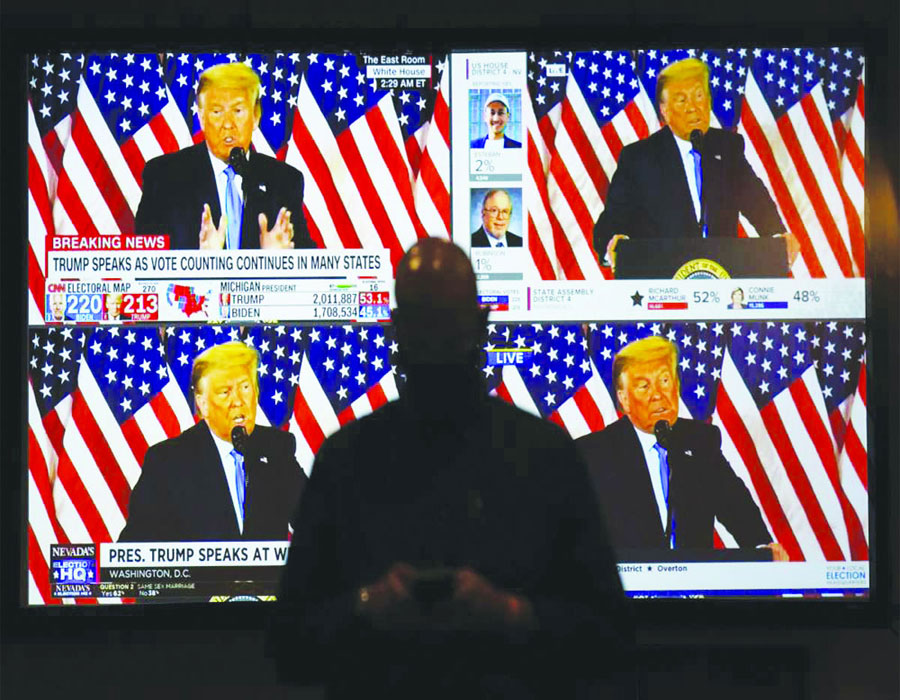
 OpinionExpress.In
OpinionExpress.In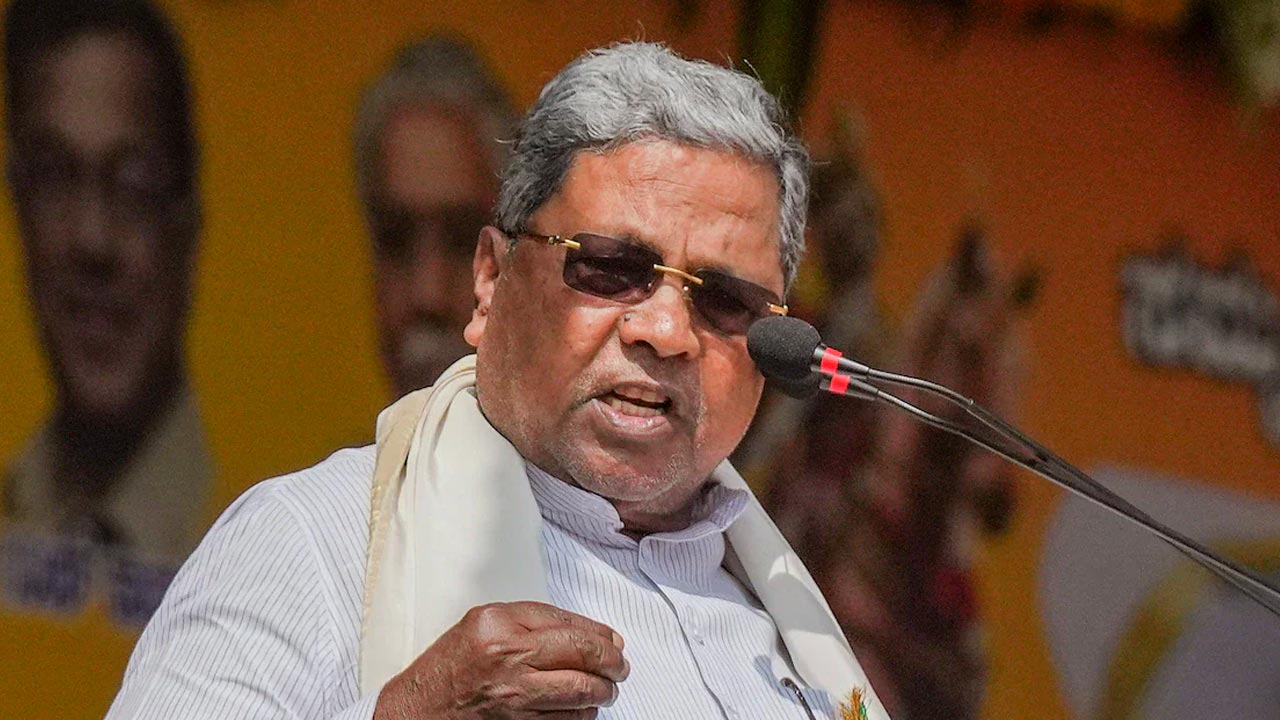
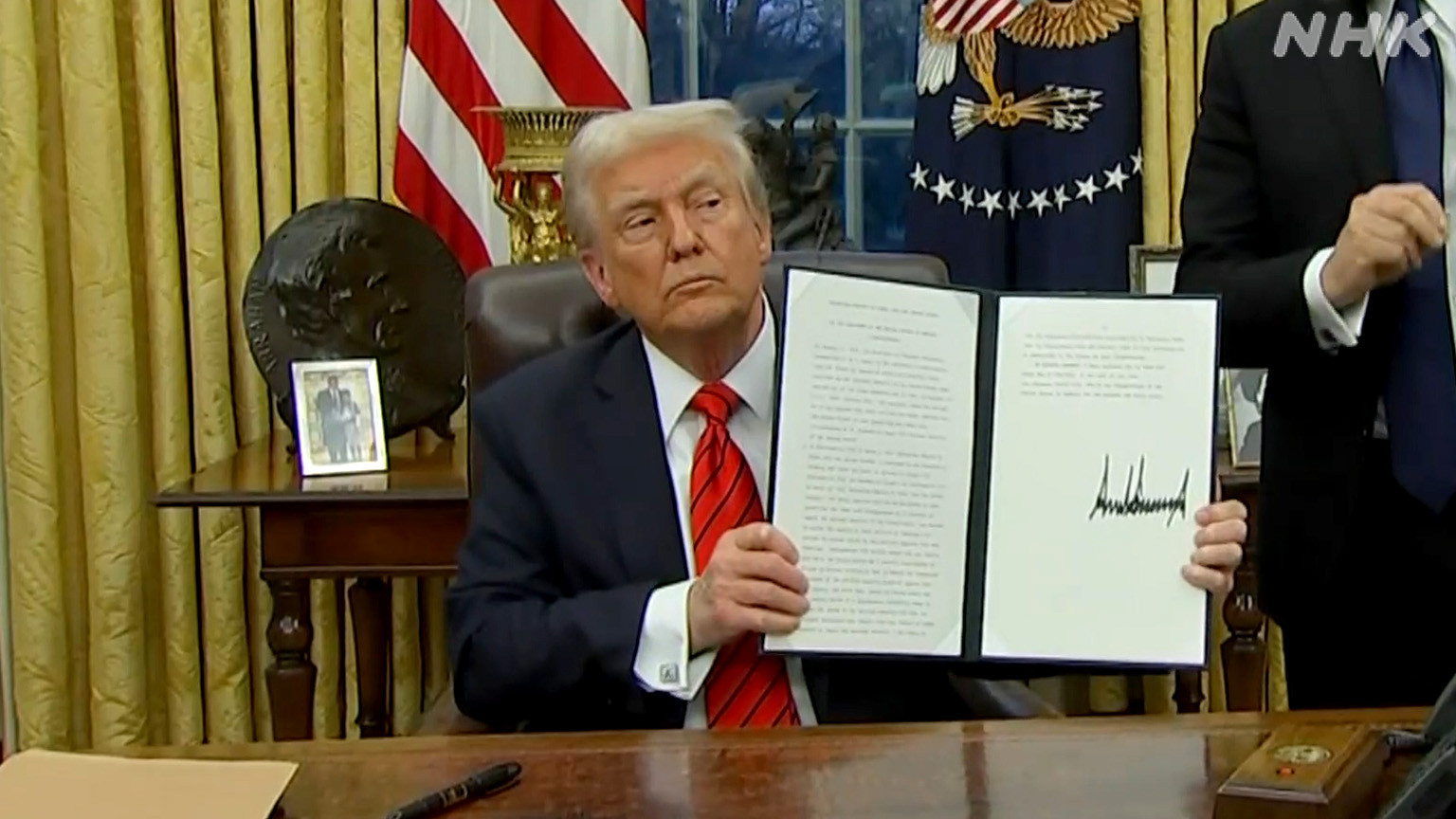
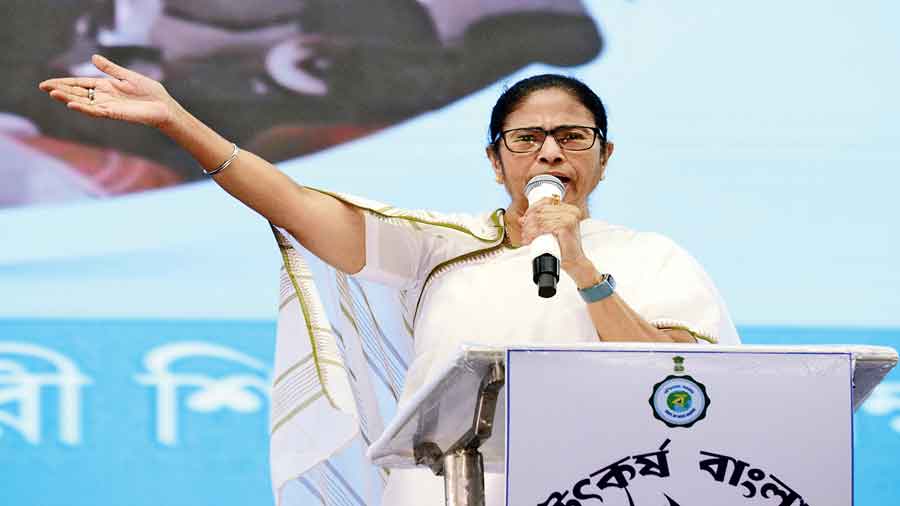
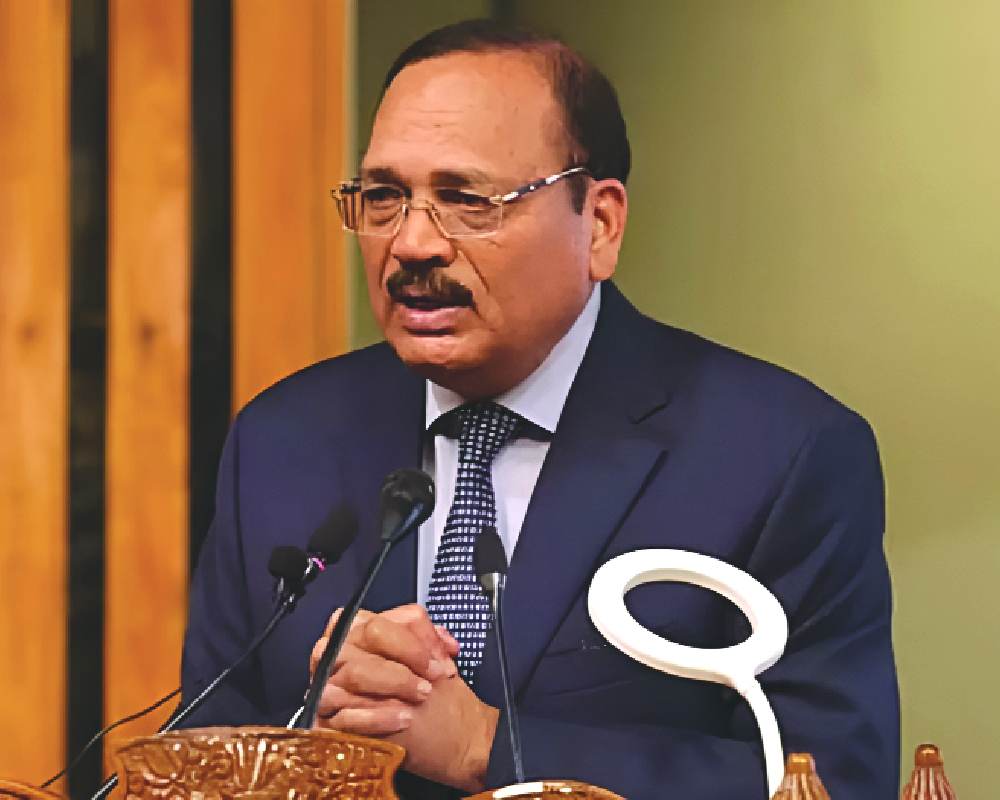
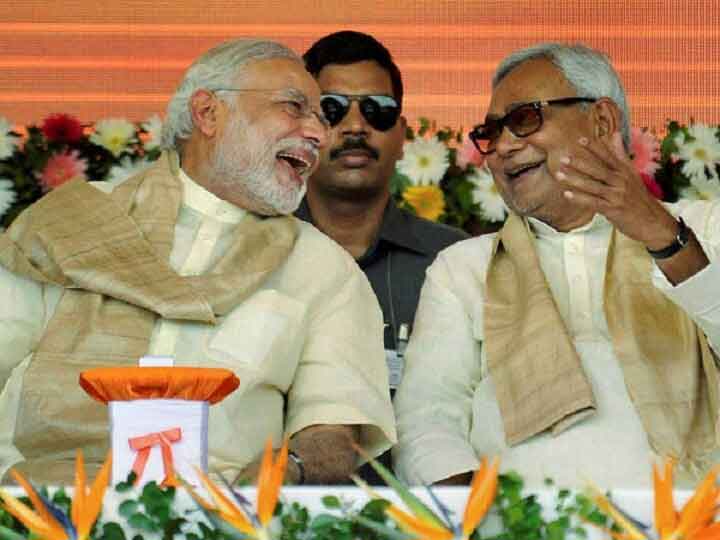
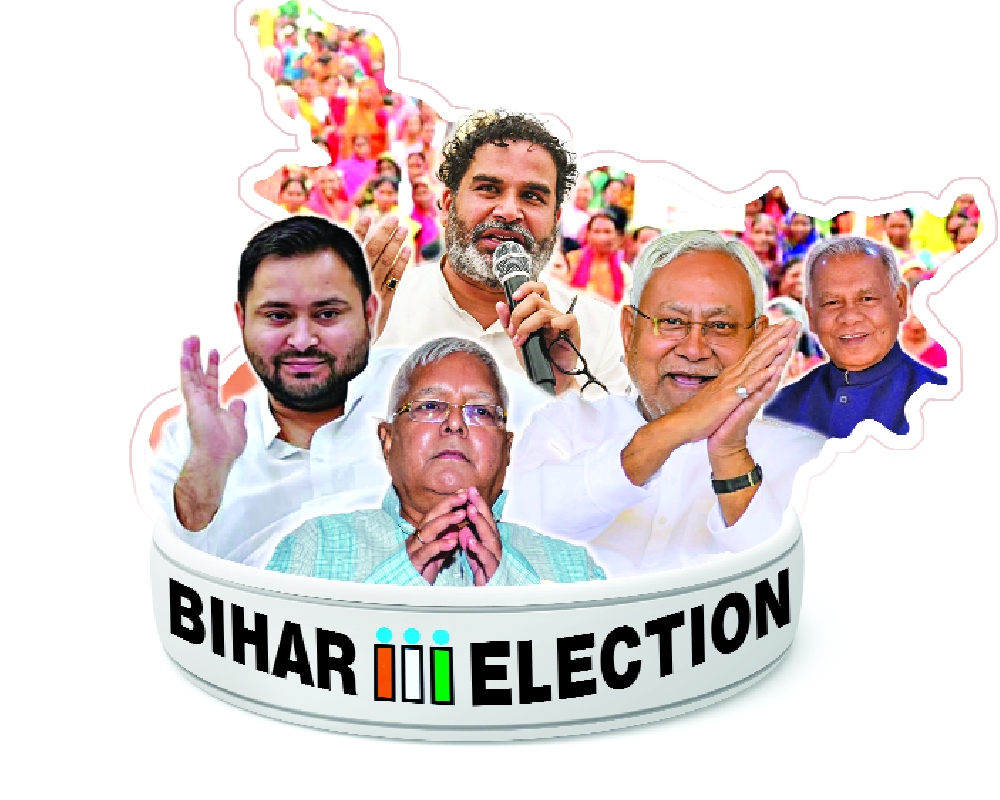
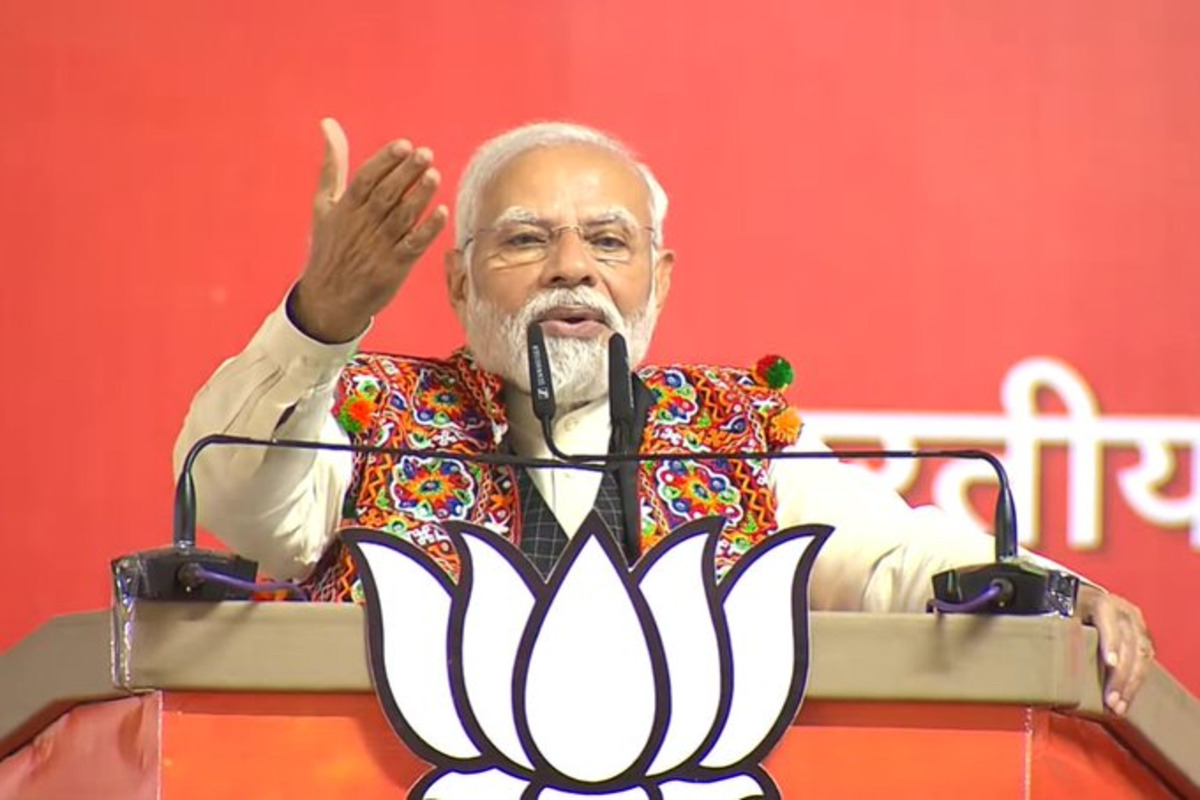

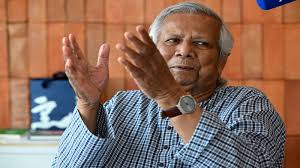
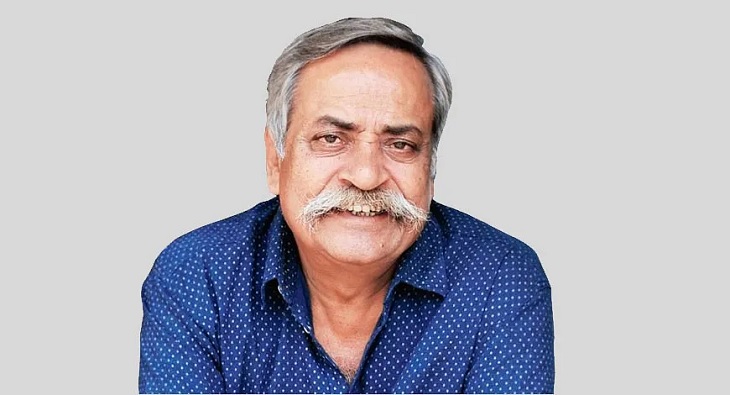






Comments (0)